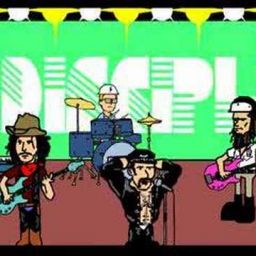There is no better example of the political economy of the present copyright system than a recent detailed analysis of the very-likely public domain status of Happy Birthday. If not copyrighted, than why the copyright claim?
Because it is
a revenue-generating juggernaut, producing more than $2-million a year in fees for Warner Music and the offspring of Mildred and Patty Hill, the sisters who composed [the original lyrics] in 1893
The article by Robert Brauneis analyzing the copyright status of Happy Birthday isn’t just interesting to intellectual property scholars, but has been written about in the Globe and Mail, Defamer, and in a series of posts on the Volokh Conspiracy.
But the idea of copyright law being used as a sword of Damocles over the public is not new; in a New York University Law Review article, Brooklyn Law School Professor Jason Mazzone coined the term “copyfraud” to describe claims of copyright in public domain materials.
As Mazzone states,
“copyfraud’s ultimate result is to weaken legitimate intellectual property rights. … If large publishing houses with their teams of lawyers cannot distinguish between what is protected and what is free for public use, it is unreasonable to expect teen-agers with their laptops to play by the rules.”
So our present system scares people into not using public domain materials — and to pay claimants to ownership regardless of actual ownership. And yet copyright owners wonder why downloading / pirating is seen as a reasonable option for some consumers.
During the Eldred case, Lawrence Lessig argued about the inefficiency of a copyright system that locks all works up for generations so that a tiny number of works can continue to be moneymakers. A copyright system that allows for public domain works to be “copyfraud”ed is even worse, making our cultural heritage appear to not even belong to us.



[…] and hence part of the life experience for the vast majority of English-speaking children, is either copyrighted or no one has been capable of taking on its corporate overlord to prove its public domain status. Henry Jenkins has written […]
[…] discusses the ongoing impact of copyfraud, weakening the information commons: A web of legal and extralegal control stations are posted […]